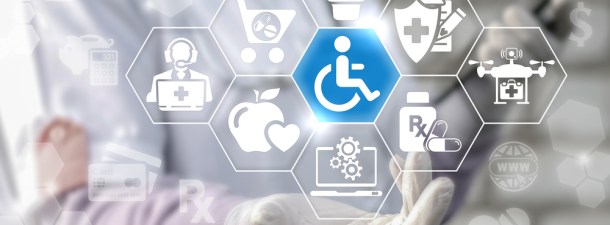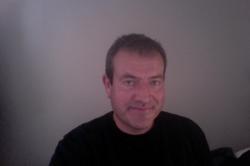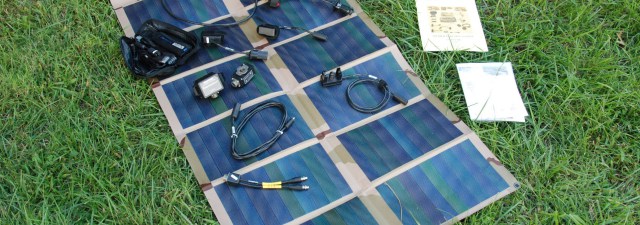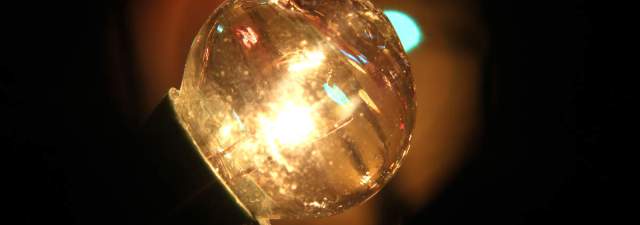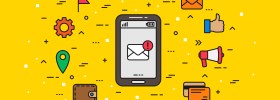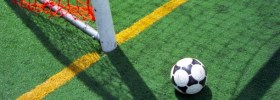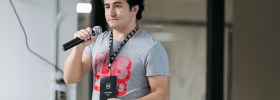Occupational therapy app keeps patients on the road to recovery
The mobile phone is the most wonderful invention ever. It has done more to alleviate poverty and disease in the developing nations than anything else. Ever. Between 1990 and 2010, 1.2 billion people were officially lifted out of poverty – according to the World Bank’s definition – primarily as a result of better access to jobs, markets, banking and medical information for the first time. It was cheap mobile phones that made this difference. One wonders what difference smartphones will make. Meanwhile, readers of Farmers Weekly in Britain voted it the greatest farming technology of the 20th century.
The latest medical gift to the world could be an occupatonal therapy application, called Mirror, that aims to help millions of people suffering from paralysis.
Today more than 105,000 people in the UK live with facial paralysis with symptoms ranging from speech problems to anxiety and depression.
This ‘palsy’ is a weakness of the facial muscles caused by local nerve damage.
When the nerves aren’t sending signals, the facial muscles can’t act. The resulting paralysis of the affected tissues handicaps the movement of all the expressive areas of the face, from eyes to mouth to brows.
The degree of paralysis varies. Sometimes it’s just the lower half of the face, in other events one entire side of the face is affected and in some cases both sides. Each side of the face has its own facial nerve, so damaging the right facial nerve only paralyses the right side of the face.
Every nerve starts at the brain and enters the face at the front of the ear where it branches into five lines, which supply the muscles that shape facial expression. Tears, saliva production and taste are also controlled by the facial nerve in different ways.
The causes of facial paralysis are multiple and treatment varies accordingly. Palsy can be caused by viruses, bacteria infection of the middle ear, neurological conditions, brain or face injuries or even a traumatic birth by forceps. Strokes and congenital conditions are common too.
The way to address this is by physical therapy. My father had a stroke and spent ages working on his exercises to try to get his synapses firing again. But though this therapy can be effective it is very labour intensive. My father had the advantage of being an ex-doctor so he knew what exercises to do. However, most people would rely on the presence of an occupational therapist.
This face-to-face care is expensive and there’s only so many specialists available. This can lead to a lack of progress which demoralises the patient. Even when you have the will to stick to the programme, it is demoralising if you don’t have the knowledge to adjust to circumstances and put your intentions into practice. People often give up doing the exercises, wrongfuly concluding that they are hopeless because of the slow rate of improvement. Self-esteem plummets and many dislike looking at their altered appearance in a mirror.
This is a problem that Charles Nduka, chair of the Medical Advisory Board at Emteq aims to solve with a new Mirror app for mobile devices. Using the smart technology commonly used for films and games, Emteq is giving patients fresh hope by providing interactive rehabilitation ‘games’ and treating facial paralysis through real-time physiotherapy feedback. The app aims to improve motivation further by measuring successes, identifying poor recovery and keeping patients engaged with treatment.
Mirror uses the gaming tools to measure facial movements. Clinicians can track this data remotely and so see what treatment is working, or when to consider alternatives. Getting this right early on gives patients a greater chance of rehabilitation.
Funded by a grant from Nominet Trust, Emteq is now refining the app’s effectiveness. Mirror can be used anywhere, helping patients with their recovery and connecting them with peers to share experiences. Truly valuable.
